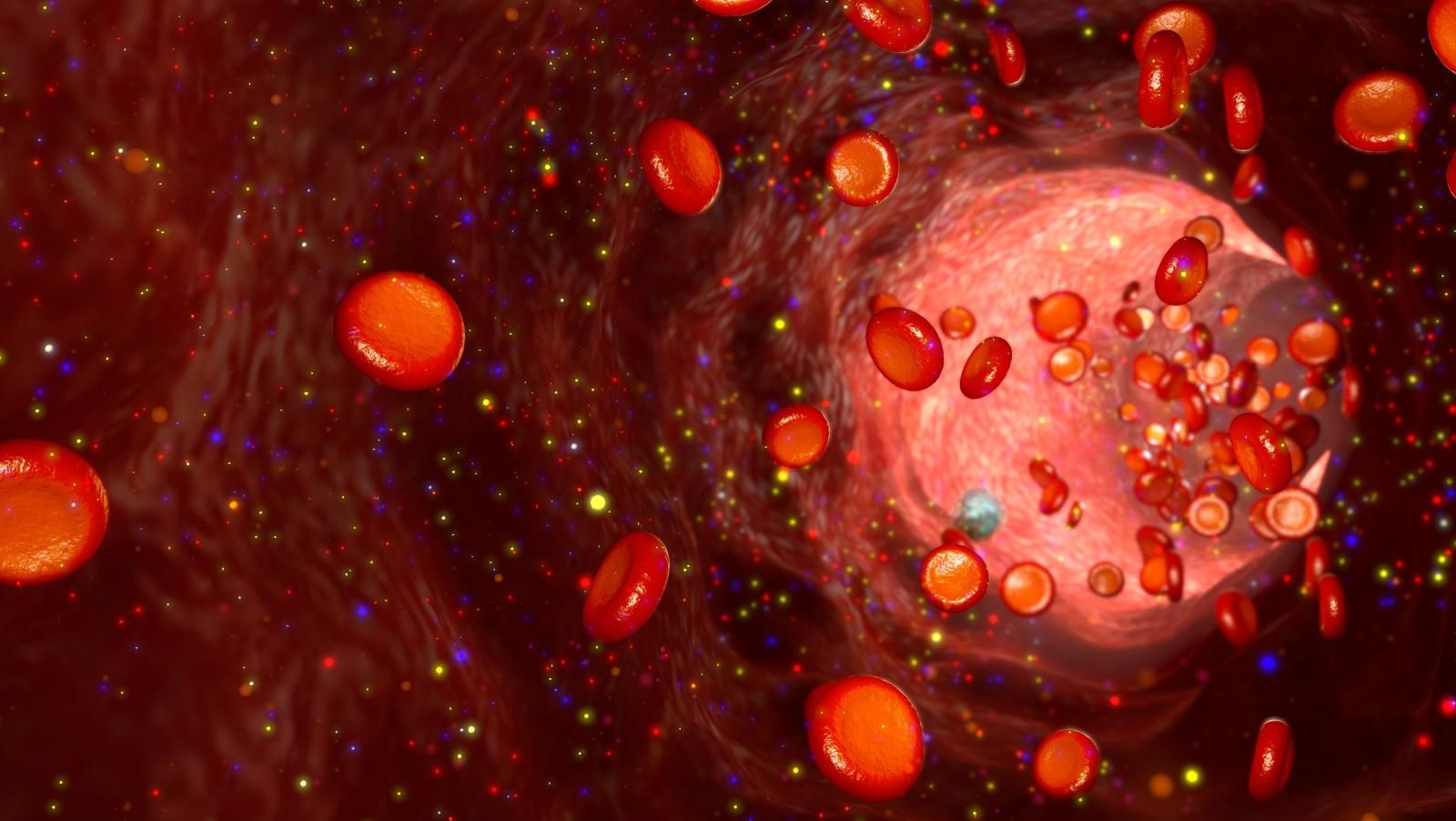VA Broadens Comprehensive Care by Providing Genomic Testing in Advanced Cancer
Genomic testing could increasingly be utilized to guide treatment decisions for Veteran patients with cancer. Two recent announcements confirm an emerging focus from Veterans Affairs on genetic testing that provides more informed and tailored cancer care for US Veterans.

Genomic testing could increasingly be utilized to guide treatment decisions for Veteran patients with cancer. Two recent announcements confirm an emerging focus from Veterans Affairs (VA) on genetic testing that provides more informed and tailored cancer care for US Veterans.
Just last month the US Department of Veterans Affairs offered a nationwide contract to Foundation Medicine for the use of genomic profiling of eligible Veterans with advanced cancer.1
The contract covered all of Foundation Medicine’s tests for both solid tumors, FoundationOne CDx and FoundationOne Liquid, and hematologic malignancies, FoundationOne Heme, to help guide treatment matching for patients according to the genomic alterations present within their tumors. These tests can assist in treatment decision making for patients being considered for targeted therapy, immunotherapy, and clinical trials.
“Foundation Medicine is honored to be awarded a contract by the US Department of Veterans Affairs to provide comprehensive genomic profiling for Veterans with advanced cancer,” Cindy Perettie, CEO of Foundation Medicine, said in a statement. “Our tests are critical to determining the genomic drivers of cancer and what makes each patient’s disease unique, to enable a personalized treatment approach. It is imperative that every advanced cancer patient has access to this information and we are privileged to provide our tests to the people who served our country. This decision by the VA as well as Medicare’s National Coverage Determination issued in early 2018, mark important steps forward in access to personalized cancer care.”
Then, on March 1, the Veterans Affairs (VA) Greater Los Angeles Healthcare System (VAGLAHS) announced that it has become the first VA medical center to offer next-generation sequencing (NGS) testing for patients with cancer.2
“VA Greater Los Angeles Healthcare System strives to remain at the forefront of Veterans healthcare services using the most advanced technologies available. As the first molecular laboratory in VA to offer NGS for clinical testing for patient care, we continue to reaffirm our commitment to make VAGLAHS the first choice for Veterans in greater Los Angeles,” W. Lance George, MD, the acting chief of staff of VAGLAHS, said in a statement. He indicated that this new testing is in line with the organization’s growing efforts to utilize technology to meet Veterans’ healthcare needs.
Starting February 28, when the program began, NGS testing is now being used to analyze clinically significant and actionable genomic alterations from tumor samples of patients with hematologic malignancies, particularly those with myeloid malignancies such as acute myeloid leukemia, myeloproliferative neoplasms, and myelodysplastic syndromes.
The VAGLAHS is using the Ion Torrent Oncomine Myeloid Research Assay to profile a broad panel of 40 DNA genes and 29 RNA fusion transcript driver genes associated with myeloid disorders, including such common driver mutations asCALR, JAK2,andABL1.The test offers a short turnaround time of 2 to 3 days.
“No 2 patients will have the exact same hematologic disorder and the NGS testing will help us see how they are different at a genomic level. That information is used to provide better, more effective care,” Carmen Kletecka, MD, the medical director for the Molecular Diagnostics Laboratory, Pathology & Laboratory Medicine Service at VAGLAHS, said in a statement. “The VA is working hard to take steps to ensure that our Veteran patients are receiving the best modern medicine has to offer.
References:
- Foundation Medicine Awarded Genomic Profiling Contract by the United States Department of Veterans Affairs. Foundation Medicine. Published February 5, 2019. https://bit.ly/2EUT2bg. Accessed March 7, 2019.
- VA employs next-generation sequencing. US Department of Veterans Affairs. Published March 1, 2019. https://bit.ly/2UolBTS. Accessed March 7, 2019.